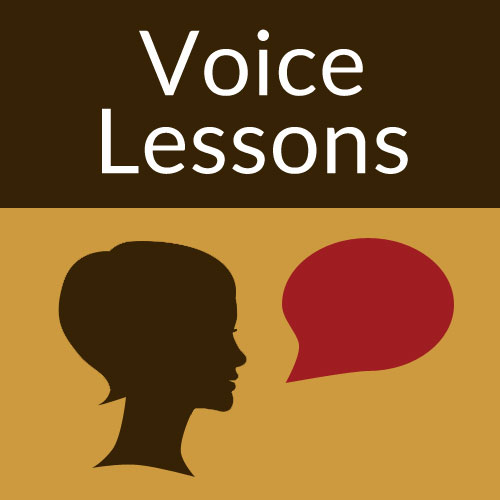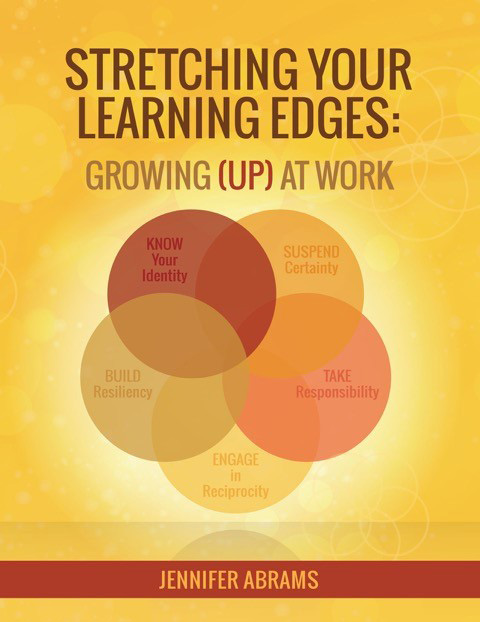Fiction is Good for You
November 1, 2024

I have been reading a bunch of fiction lately. As I am doing a bunch a work travel, planes, lounges, buses are all spots for a bit of literature. But Jennifer, why not focus on educational reading – non-fiction about your field? While I read journals and articles and blogs and books about topics connected to my profession, I was an English major during my undergrad years and an English teacher during my time in the classroom. Fiction and I are forever linked.
Many many years ago, a grandmother of a student asked me what I did for a living. I was at a holiday party, so she didn’t know me as her granddaughter’s teacher, and it gave me an opportunity to ‘try on’ a way to describe my work by saying, “I teach English at Gunn High but what I really feel I am doing is helping students become good human beings by learning about others through literature.” The comment in response to my explanation was one I will not forget.
“Why not just teach grammar? Young people now days need to learn grammar.”
Sigh.
Not much has changed when you listen to some who are concerned about what is being taught in school today and again, it not being the grammar that they think should be taught. We are focusing on Trauma Informed Instruction. Mental Health. Social Emotional Learning. Identity Safety. Inclusivity. Social justice. All ideas ‘beyond the basics’ that this family member was suggesting I should not focus on.
Sigh.
Our world is challenged by so much – polarization in politics worldwide, wars on many continents, climate change, refugee migration, poverty, hunger, and more. We as a humans on the globe aren’t doing well in so many ways.
So, teaching grammar, I believe, isn’t the focus we need in our English classes at this time.
Human development, not ever, and especially now, is NOT an indulgence. We need to see another person’s perspective, build our empathy muscles, learn how to better relate and live with one another peacefully, work on sustainable development goals, and focus on our inner development.
This work is something to be done in the classroom at all grade levels and beyond the classroom to include the adults.
I mention in my book, Stretching Your Learning Edges: Growing (Up) at Work,
- We need to have a different orientation to our development as our world and our Work becomes more complex.
- We can grow psychologically, cognitively, emotionally and spiritually – even when we are done growing physically.
- Neuroplasticity is possible no matter our age (i.e. growth mindset).
- Schools must support both child and adult development.
- We must work on developing ourselves in order to be better educators and bigger human beings.
As the great philosopher and writer, Abraham Joshua Heschel says, “What we need now isn’t more textbooks. We need more text people.”
I know grammar is a part of the curriculum in an English classroom and I am all for clear sentences – yet ask yourself,
- Which book did you read in high school that moved you? That changed the way you see the world?
- Which teacher inspired you to be your best self? To push yourself to think beyond you and your needs? To learn something new that would help you see the world in a bigger way?
- What do you remember from high school that you recall positively? Was it the friendships you made? The experiences you had? What do you take away that was good from that time in your life?
My guess is that none of the answers above have grammar in the subject header. If someone was ‘reading’ you today, who are you being and becoming? Your development is not an indulgence.
If you want to learn more about building a healthy professional culture at your workplace/school or about the idea of growing (up) and being an even better adult self, please find me. See you on the journey.
Questions, comments, or suggestions? Feel free to email me at jennifer@jenniferabrams.com.
Cool Resources
No Bad Parts by Richard C. Schwartz, PhD – “As Dr. Schwartz teaches, “Our parts can sometimes be disruptive or harmful, but once they’re unburdened, they return to their essential goodness. When we learn to love all our parts, we can learn to love all people―and that will contribute to healing the world.”
Creation Lake by Rachel Kushner – “A thirty-four-year-old American woman—a secret agent—is sent to do dirty work in France. “Sadie Smith” is how the narrator introduces herself to her lover, to the rural commune of French subversives on whom she is keeping tabs, and to the reader.”
Long Island Compromise by Taffy Brodesser-Akner – “Long Island Compromise spans the entirety of one family’s history, winding through decades and generations, all the way to the outrageous present, and confronting the mainstays of American Jewish life: tradition, the pursuit of success, the terror of history, fear of the future, old wives’ tales, evil eyes, ambition, achievement, boredom, dybbuks, inheritance, pyramid schemes, right-wing capitalists, beta-blockers, psychics, and the mostly unspoken love and shared experience that unite a family forever.”

